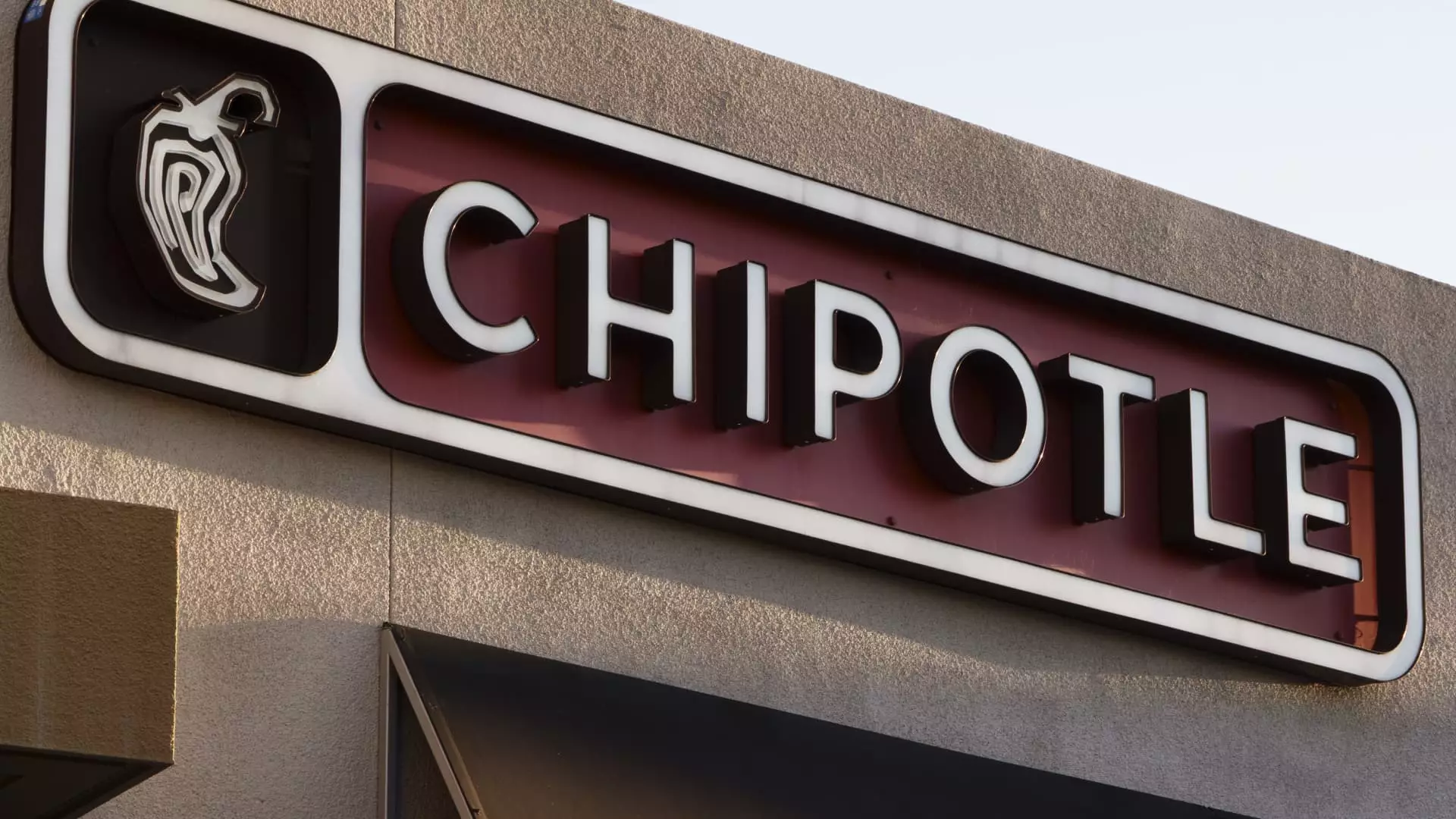The recent buzz around stocks like Chipotle Mexican Grill and Southwest Airlines has sparked excitement among investors looking for short-term gains. Media outlets and analysts project these companies to experience notable swings based on their earnings reports, fueling a narrative of opportunity and recovery. However, beneath the surface lies a need for skepticism. Relying heavily on earnings surprises or optimistic price targets overlooks the complexities and vulnerabilities that threaten these stocks’ future performance. As a center-right liberal leaning, I believe it’s crucial to view these optimistic projections with cautious skepticism, recognizing that market euphoria often overshadows deep-seated risks.
Overconfidence in Earnings Surprises
A high percentage of companies already boasting positive earnings surprises may seem promising, but this can be a misleading indicator of sustained strength. Companies can manipulate or smooth earnings, or benefit from one-time events that do not reflect true operational health. For example, Chipotle’s expected 6% movement after reporting results could be driven by short-term factors rather than fundamental improvements. The recent 13% decline in Chipotle’s stock this year casts further doubt on the stability of its earnings growth, suggesting that analysts’ optimism might be overly sanguine. When the foundation of earnings growth is fragile, the market’s hype becomes more dangerous than beneficial, leading investors toward potential overvaluation and subsequent disappointment.
The Illusion of Strategic Catalysts
Analysts are quick to highlight strategic initiatives, like Charter Communications’ merger with Cox or Southwest’s restructuring efforts, as potential catalysts for future gains. While mergers and strategic changes can provide short-term boosts, they are often fraught with risks—regulatory hurdles, integration challenges, and execution failures. The optimistic outlook surrounding Charter’s merger may underestimate the complexity and potential delays involved, especially with regulators scrutinizing large telecom consolidations. Moreover, reliance on “future” benefits that depend on successful integration often results in inflated expectations. History shows that many mergers fail to deliver the promised synergies, and stocks can face brutal corrections when promised benefits don’t materialize on time.
Price Targets: A Double-Edged Sword
Raising price targets, such as from $56 to $65 for Chipotle or from $430 to $510 for Charter Communications, reflects analyst confidence but can also be a form of wishful thinking. These targets often ignore underlying vulnerabilities, including macroeconomic headwinds, competitive pressures, or operational missteps. In volatile markets, such lofty forecasts can create a false sense of security among investors, encouraging complacency. Overly optimistic targets can distort market perception, leading to bubbles that burst when realities diverge from projections. Investors should scrutinize not just the targets but the assumptions baked into them, recognizing that the stock market’s future rarely unfolds exactly as analysts envision.
The Broader Implications for Investors
In a landscape dominated by exuberance, a conservative, critical approach is crucial. While strategic initiatives and earnings surprises can be positive indicators, they should not overshadow fundamental risks. The current optimism, especially in sectors like telecoms and hospitality, may distract investors from warning signs such as declining revenue, competitive pressures, and regulatory risks. Real economic value is rooted in sustainable growth and resilient operations, not temporary market reactions or fluctuating technical indicators. I argue that investors, especially those with centrist or right-leaning liberal inclinations, should prioritize prudence and due diligence over short-term excitement, recognizing that the market’s most dangerous moments often occur when euphoria obscures reality.

